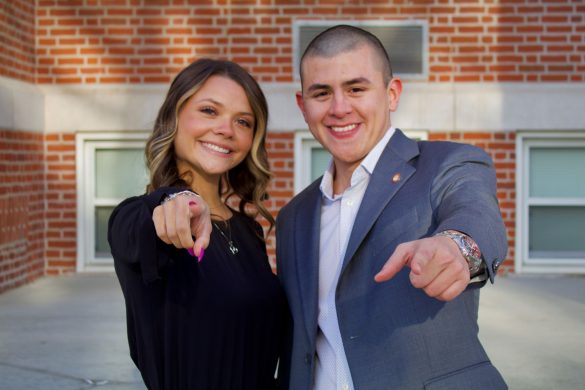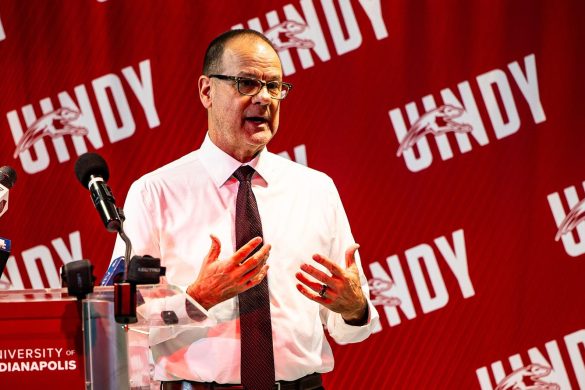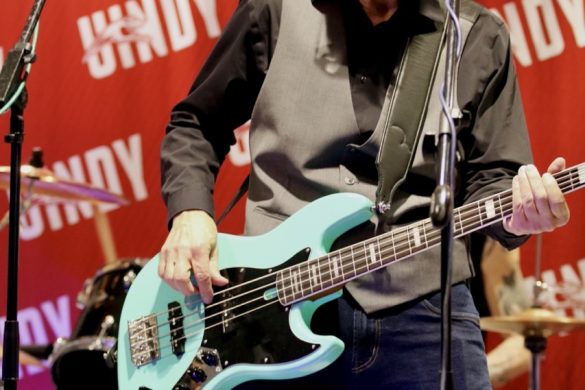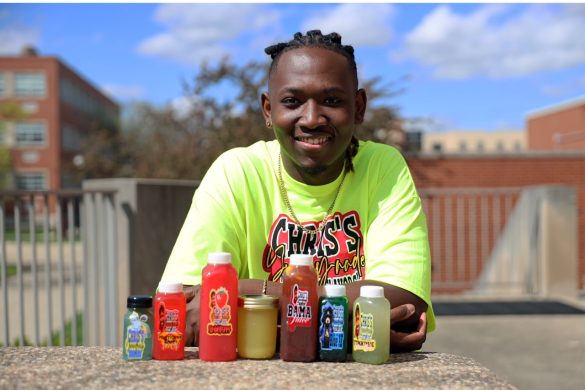There were lynchings in 2014. Public lynchings. They happened right under our noses and you undoubtedly saw them, but failed to make the connection.
In 1939 Billie Holiday sang and recorded her iconic song “Strange Fruit;” a ballad against racism in America. In the song, she speaks of the “Strange fruit hanging from the poplar trees,” i.e. black bodies. Black bodies were the strange fruit hanging from the poplar trees at the turn of the century.
Today, the bodies are no longer swaying in the wind. Instead they are strung across the asphalt. The strange fruit has fallen, but not far from the poplar tree.
There is one major difference in the lynchings in early days and the lynchings in 2014 and that is the attention they have drawn. In earlier days, a lynching was a public spectacle. People would gather to watch a black person lynched by white peers.
One of the most notable instances of lynching is the story of Jesse Washington in Waco, Texas. Shortly after being convicted of murder, Washington was dragged from the courtroom and lynched at the City Hall. It is estimated that about 10,000 people attended, including children, as a mob lynched, castrated and repeatedly burned Washington. Parts of his body were sold as souvenirs and people took photos and put them on postcards for Waco. Today, people witnessing these brutalities are not celebrating, but instead, documenting, in hopes that they will help serve justice.
“What onlookers are doing now is trying to expose this legacy of violence and infringement, and militarization, as well, from our police force,” Jamal Ratchford said. A former UIndy professor, he is now a lecturer of ethnic studies at Northern Arizona University.
This type of coverage is relatively new, as social media and phones with high-quality cameras have given us the ability to document exactly what’s happening through the eyes of the people on the ground, rather than what’s in popular media. I think this is incredibly important because throughout history, not only were systems working against blacks and other people of color, but so were the language and imagery of the mass media.
One of the most prominent examples was images released in the press during Hurricane Katrina. One image shown by the Associated Press was of a young black male with the caption “A young man walks through chest deep flood water after looting a grocery store …” The other, reported by AFP/Getty Images featured two white individuals with a caption that read “Two residents wade through chest-deep water after finding bread and soda from a local grocery store…”
“If, for example, a collegiate sports team wins a national championship and you see what happens in the aftermath of that, these are typically white students — not solely, but majority white students,” Ratchford said. “They flip cars and set things on fire, [then] they’re just being, young, naive college students. They are not looters.”
This has happened a number of times throughout history. When a sports team wins or loses, and fans react ridiculously they are “celebrating.” When people of color are protesting, you oftentimes see only negatives in the popular media. We can look at the Ferguson situation, where the media focused largely on the businesses and cars that were set on fire, which actually was quite contrary to what was actually happening, as you can see from multiple firsthand accounts on social media. On a number of occasions, videos from peaceful protesters show that the police actually enticed the chaos that ensued in the streets.
One of the biggest problems that has allowed this continued skewing from the popular media is white privilege. White privilege allows middle class white Americans to watch the news and accept it as it is, without question, because it doesn’t affect them. I knew about Mike Brown’s death the day he was killed. As the story unfolded, I asked my friends if they saw what was happening. I’m not proud to say it, but half of them didn’t even know what I was talking about. Being a journalist, I have to stay informed, but that wasn’t why I have stayed informed about these issues. It is more about that fact that these issues are deeply seeded in our minds and we don’t even know it.
Middle class white Americans were almost, undoubtedly, raised by middle class white Americans who were, again, probably raised by middle class white Americans. Middle class white Americans, just two generations ago, were raised by parents who were alive during lynchings like the one in Waco, Texas. These parents raised children in the times of Jim Crow laws and mass segregation. Our parents were raised by these people, who without choice were a part of this fabric.
In 1916, it was normal for people to attend a lynching as if it were a parade. In 1956, it was normal for blacks to be denied admittance into white schools.
“I think to understand what is really going on, you have to look at the history and go back to Jim Crow time, where minstrel and blackface started, and, how it branched off to movies in the 70s, where you really couldn’t find black people unless they were the hustler, the pimp or the prostitute,” said Amani Morgan, senior Communication major and vice-president of the Public Relations Student Society of America.
So how can we call ourselves a post-racial society, when people today still think that blackface is an acceptable Halloween costume? The fact that people see the patronization of black people as a novelty in 2015 shows us that we have a long way to go before we reach “post-racial” status.
The recent rise of movements such as Black Lives Matter is very much a continuation of the civil rights movements that happened in the 50s and 60s.
These movements are what we need to move forward as a country because if we continue to fail to bring these issues to the forefront and talk about them and work to change them, then we will continue to perpetuate this idea that black people and other people of color are lesser than white people. That is something that we cannot afford, if we plan to move forward as a unified human race.









